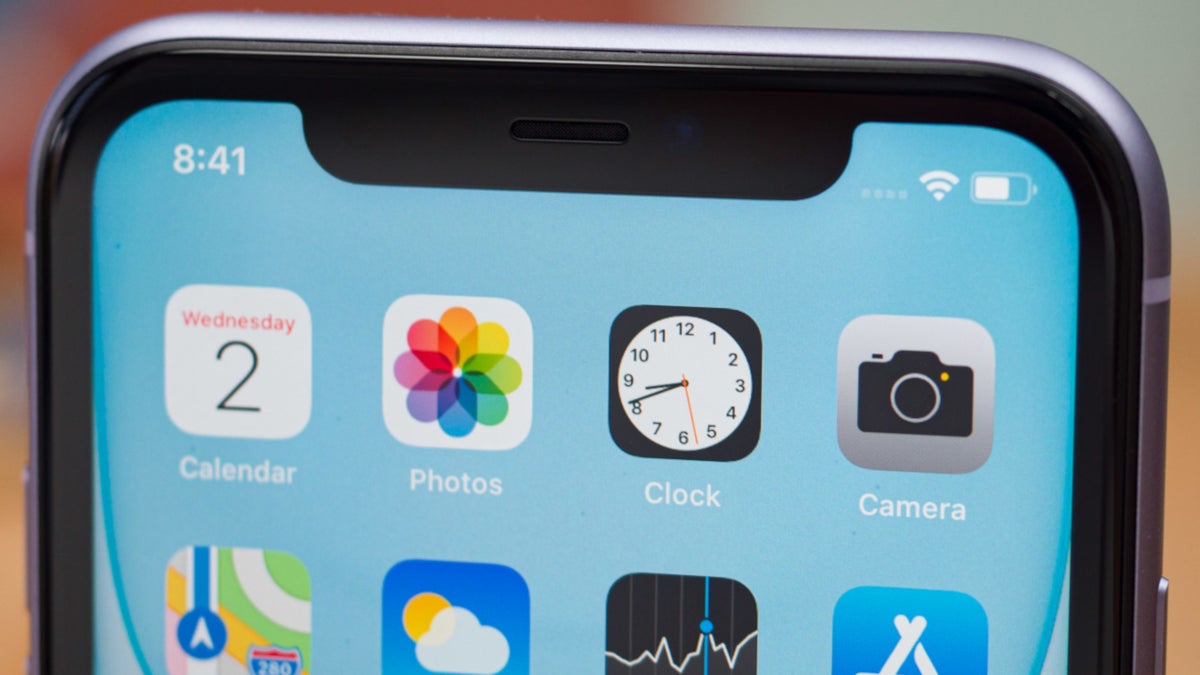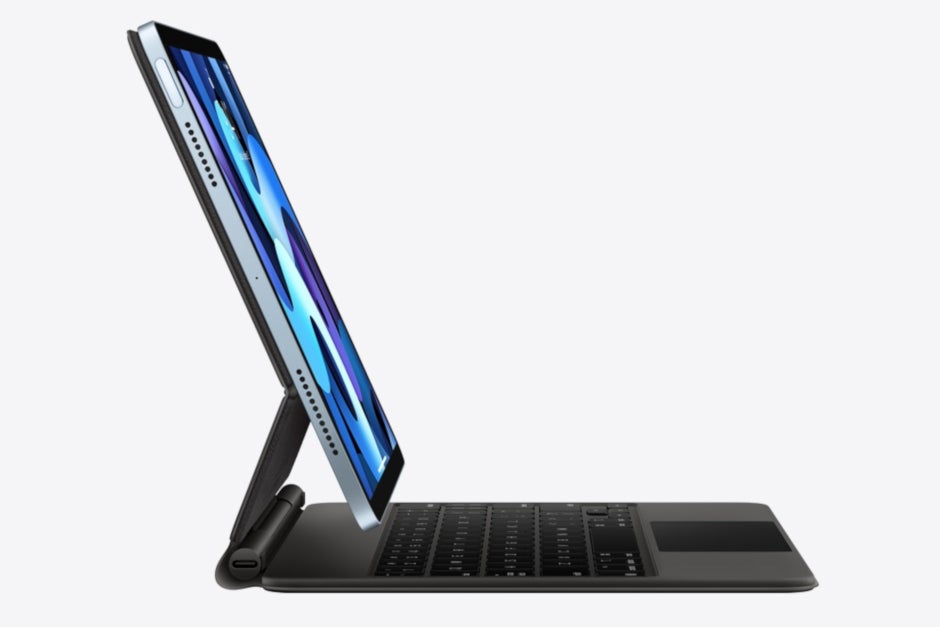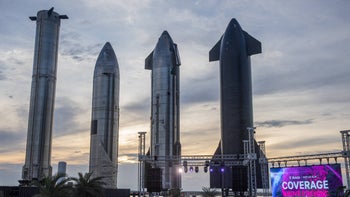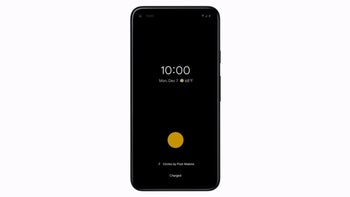Apple's plan to cover key parts shortages for 5G iPhone 12 series could impact the iPad Air (2020)

Just the other day we told you that a shortage of power management chips for the iPhone 12 series could make it hard for Apple to produce enough handsets to meet the demand for its first line of 5G phones. Now, Nikkei Asia reports that Apple has some backup plans ready in case it does not have enough components to build the number of iPhone 12 series handsets it needs.
Apple to borrow components from the iPad Air (2020) to build enough iPhone 12 series units to meet demand
One plan calls for Apple to borrow from Peter to pay Paul. What do we mean? Apple has reportedly reallocated some parts earmarked for the iPad Air (2020) to its new 5G handsets according to two people familiar with the matter. What makes this a legitimate option for Apple is the fact that all four new iPhone models and its new tablet all are powered by the same chipset, the 5nm A14 Bionic. And this is the most powerful chip found in a smartphone right now with 11.8 billion transistors deployed in each integrated circuit. That is up from 8.5 billion transistors that Apple stuffed into the 7nm A13 Bionic; the higher a chip's transistor density, the more powerful and energy efficient it is.

Apple will take components earmarked for the iPad Air and use them for the iPhone 12 series phones if needed
One of the sources familiar with Apple's plans said that using components supposedly earmarked for its new tablet "...has affected around 2 million units in overall iPad production compared with its previous production plan for this year." In other words, the plan to use iPad Air (2020) components for iPhone 12 models could result in 2 million fewer tablets being made by the manufacturer.
Apple is asking its supply chain to manufacture 20 million units of the iPhone 11, iPhone SE, and iPhone XR during the calendar fourth quarter. That is more than 25% of the 75 million to 80 million 5G iPhone 12 series phones that Apple ordered for the year. Any of the three older iPhone models manufactured after October will not come with a charging adapter and a pair of EarPods out of the box.
While the iPhone 11 continues to sell well, for the iPhone 11 Pro and iPhone 11 Pro Max, it will be the end of their product life and they will no longer be produced. An executive-level source told the Nikkei that "The momentum for the iPhone 11 is surprisingly strong and keeps going. But that's not the case for Pro and Pro Max." Another person said, "It's about time for the iPhone 11 Pro and Pro Max [to stop production]." If Apple were to keep manufacturing the two phones, it could "affect sales of the iPhone 12 Pro and Pro Max." However, the source noted that the slightly lower specs of the iPhone 11 are sufficiently different to avoid that issue and allow Apple to continue to make the iPhone 11 without cannibalizing its newer phones.
Another source says that Apple will make close to 10 million units of both the iPhone 11 and budget-priced iPhone SE (2020). As that source says, "The orders for older models are really better than expected." Thanks to the global pandemic, Apple has had to hold meetings using video conferencing and has had to worry about whether its suppliers would remain open during the worst of the pandemic earlier in the year. Also making it harder for Apple has been the U.S.-China trade war. While some Apple products ended up slapped with an import tax after being exported into the states from China, Apple was able to avoid having a tariff placed on the iPhone.
For the third quarter, Apple found itself the fourth largest phone manufacturer in the world looking up at Samsung, Huawei and Xiaomi. But there is a simple reason for this and it has to do with the coronavirus. COVID-19 forced Apple to delay the launch of the iPhone 12 series to October and November from the usual launch in September. As a result, the release of the new 2020 iPhones is pushed back to the fourth quarter instead of the traditional third quarter releases.
Follow us on Google News














Things that are NOT allowed:
To help keep our community safe and free from spam, we apply temporary limits to newly created accounts: